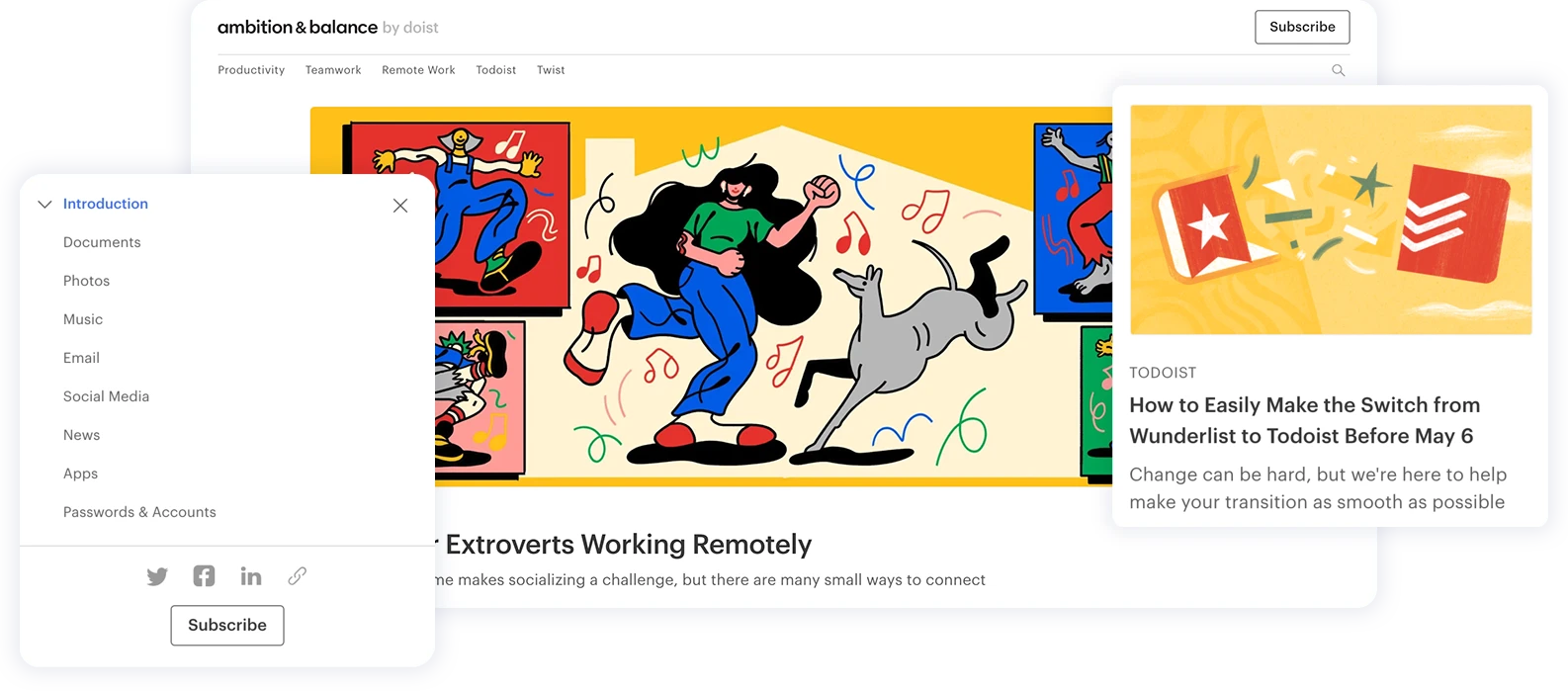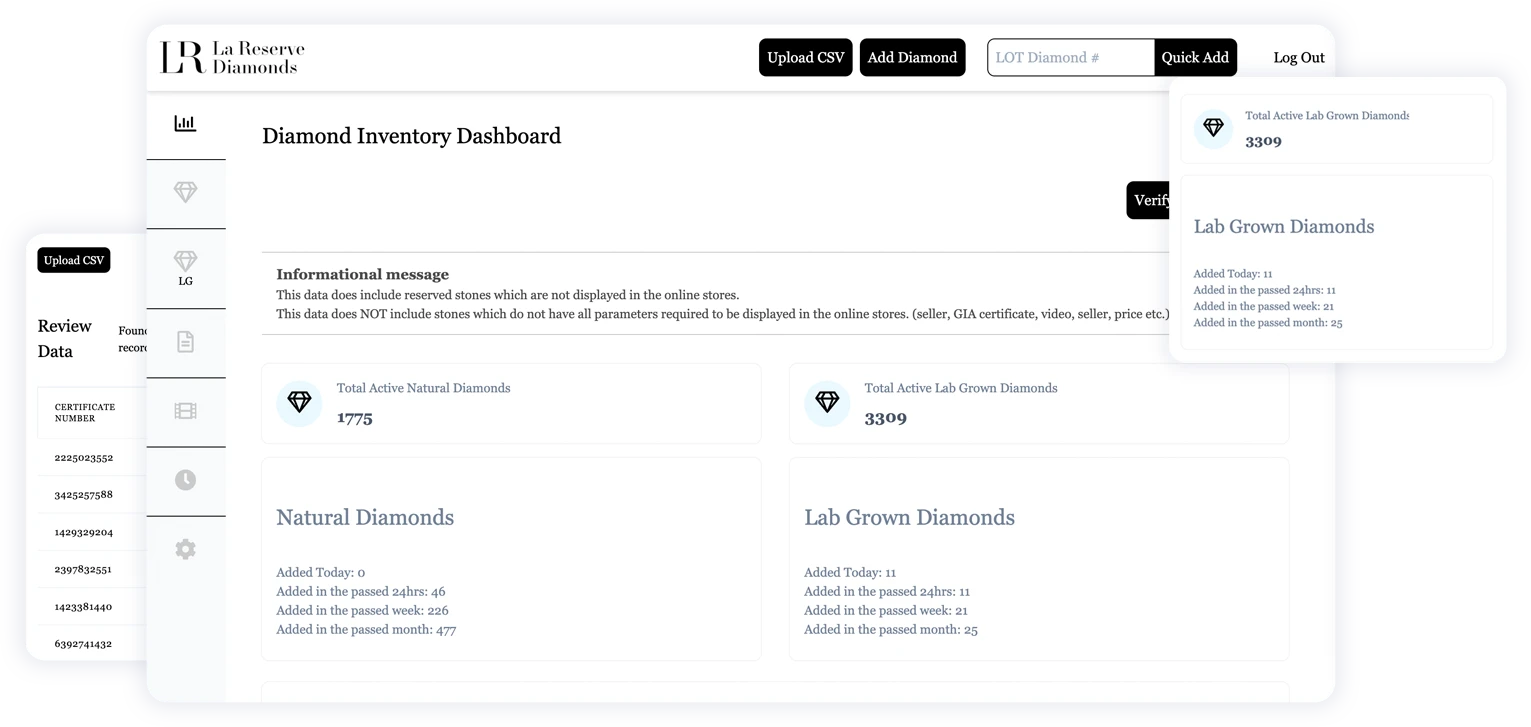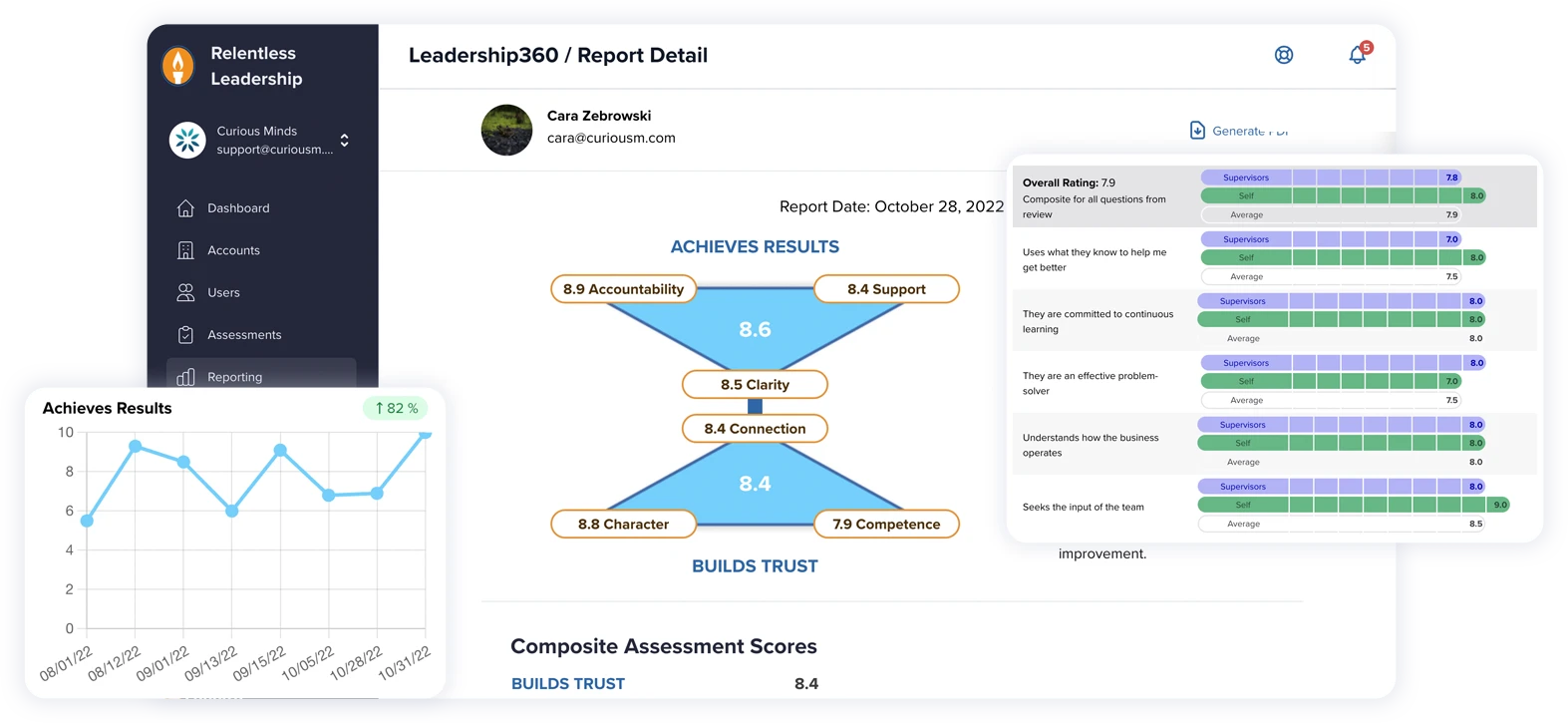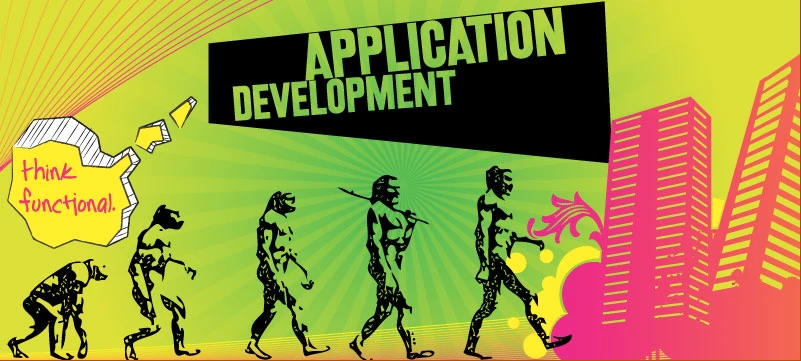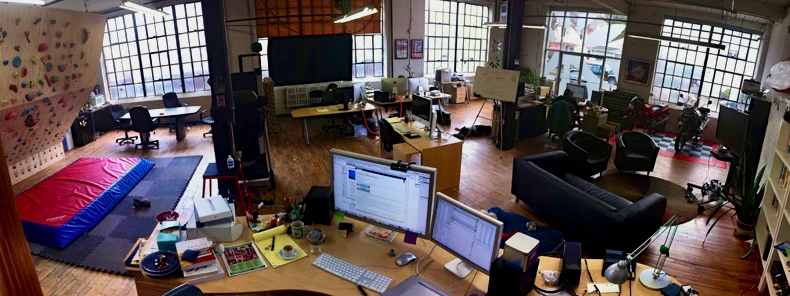So they’re a little quirky. It’s not that bad, you just need to get used to them, and how they are. No one’s perfect, right? Right? But you never get used to them. It gets worse. You keep asking yourself what are they doing and you ask yourself this more and more until finally, you’ve hit the wall.
“This isn’t working. We need to break up.”
I’m not talking about a romantic comedy. I’m talking about your developer. How do you know when it’s time to break up?
Communication
Communication is key to a successful relationship. You and your developer need a clear line of communication, or at least the ability to communicate effectively enough to bring up concerns or issues. It can be difficult to communicate with your developer without these lines, or if there’s a significant time change. Being hours ahead or behind may not seem like a problem, but imagine seeing a major update create an issue on your website, and having to wait until your developer is awake to see an urgent ticket request, begging them to stop whatever they’re doing even if it’s sleeping and help. This is not a drill. Don’t forget that major time difference also includes a lag in getting those ticket requests resolved, because so much time elapses since your ticket request was sent.
Experience
Finding the right developer also means looking at their experience. Hiring someone with little to no experience can create a scenario where an additional developer may be needed to help. Or, if you have a multi-site project, or something that needs ongoing help, for example, it may not be super advantageous to hire someone simply because they’re a friend of a friend, and you can get a discounted rate. Just because it’s cheap doesn’t mean it’s good. You get what you pay for, especially when it comes to a website. If they can’t provide the support you need, ditch them and move on.
On the other hand, you may find someone with years of experience, but if they lack the right experience, you’re no better off. It’s great to find a developer with three decades of experience, but if they’re not versed in say, WordPress, and your site runs on WordPress, well, it’d be like a veterinarian who specializes in reptiles performing open heart surgery on a human. Maybe not quite that disastrous, but you get my point.
Standards
If your developer is writing sloppy code, run. Or if your developer refuses to work with you, doesn’t communicate, ignores basic coding standards, and continues to promise results, but runs over time and budget, again, run. They should not work on your site. Understanding what you need for your website and creating realistic goals and expectations separates great developers from those we dare not name, for fear of tainting anyone else’s work.
In addition, a certain level of care must be taken when it comes to site updates and changes. If your developer is making changes to your live site without testing them first, that can pose a serious problem. What if an update isn’t compatible, and it creates a serious error? Your developer now has to revert the site back to its former settings, wasting time and money.
Don’t Settle for Less
Your website is one of the best tools for your business. Don’t settle for good enough when it comes to hiring a developer. You don’t need someone like that in your life.
